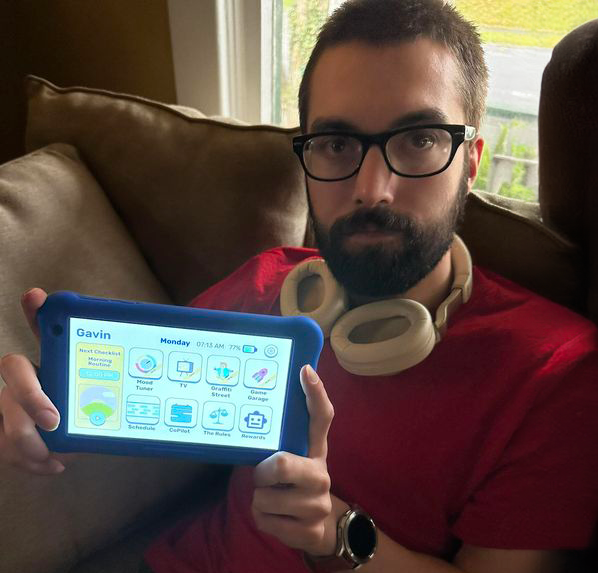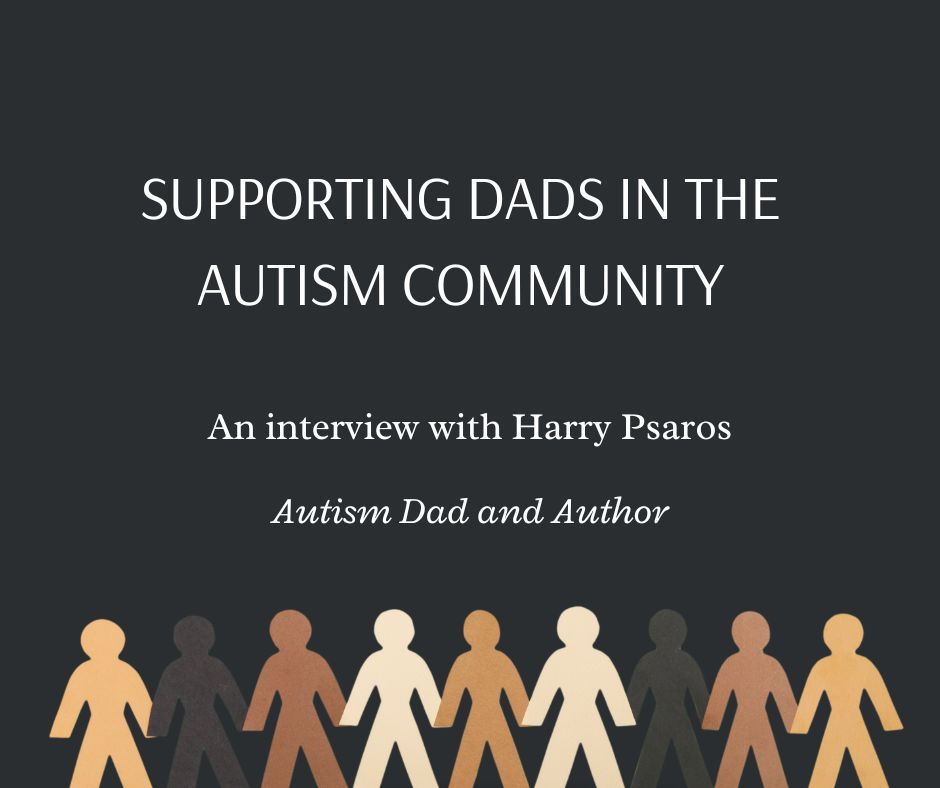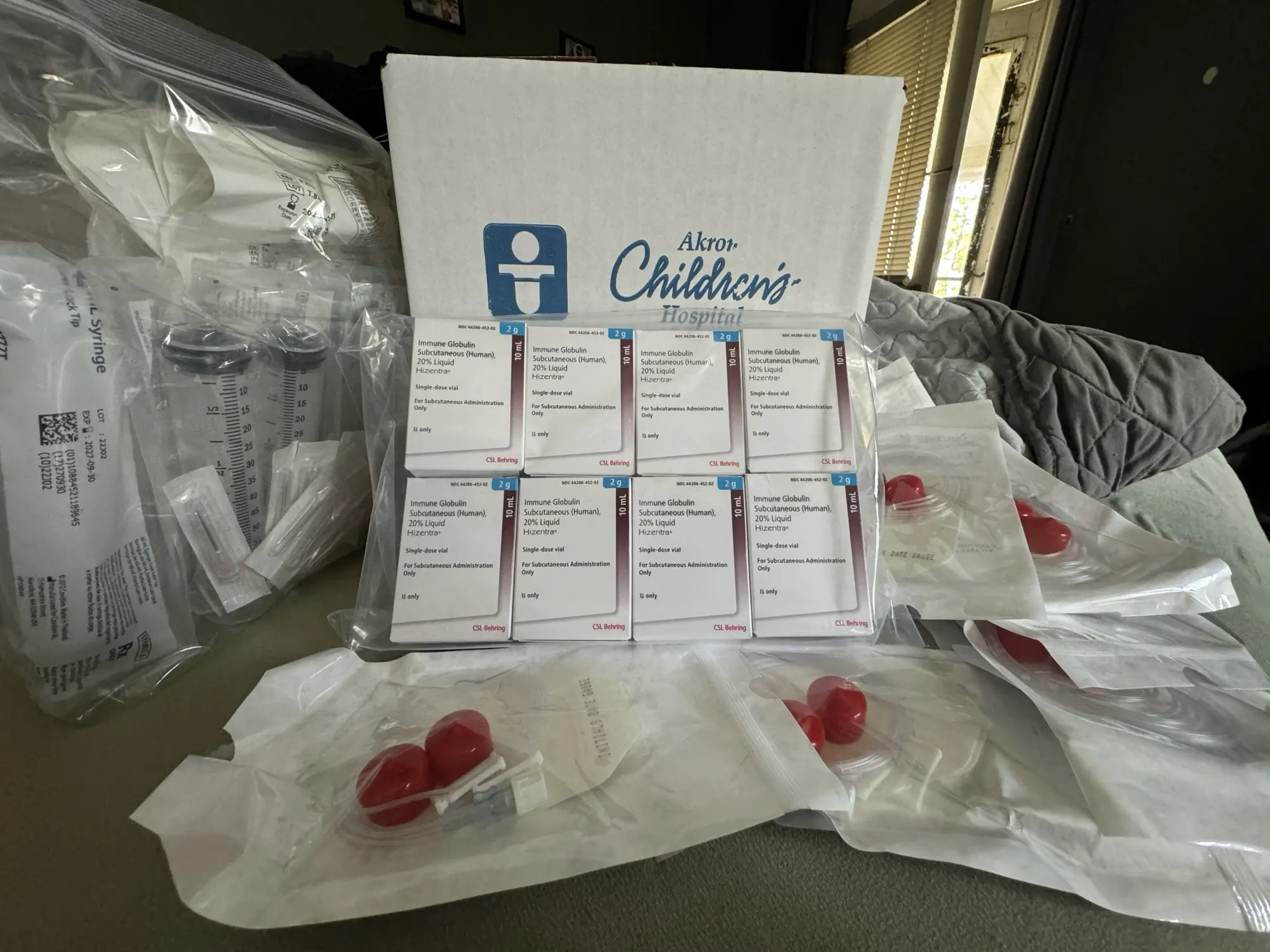Saving Smarter: Practical Tips for Busy Parents to Build a Financial Safety Net
In an era where financial stability feels increasingly precarious, building a financial safety net is no longer just an option but a necessity. For busy parents, balancing the cost of raising a family with saving for the future can be an arduous task. However, with strategic planning and smart saving habits, it’s possible to secure a robust financial foundation. Here are some practical tips to help busy parents save smarter and create a financial buffer for their family's future. Assess Your Financial Situation The first step to building a financial safety net is to understand where you currently stand. Take stock of all your assets, liabilities, income, and monthly expenses. This detailed snapshot offers valuable insights into your financial health and helps identify areas where you can make immediate improvements.…








